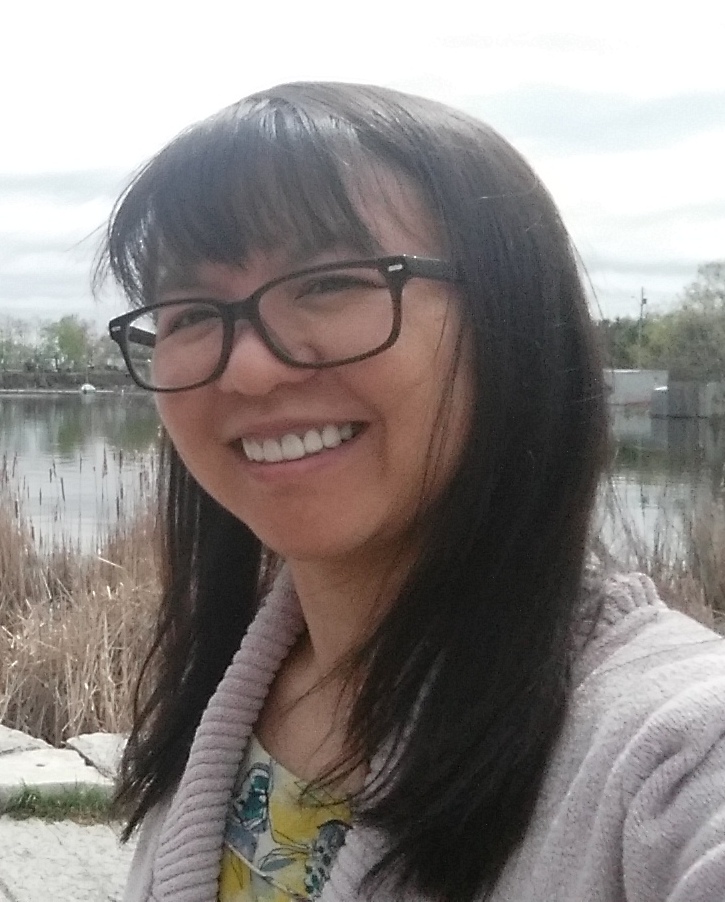Psychotherapy for Bereavement
Grief, bereavement, or loss is the price we pay for love and attachment. Sadness or heartbreak is a natural response to losing someone or something precious. When despair is intense, prolonged, unrelenting, and causes trouble sleeping, difficulty concentrating, fatigue, and disability, it is called persistent complex bereavement or complicated grief. One in 5 to 10 people will experience complicated grief more than one year after experiencing the death of a spouse. The rate increases to more than 1 in 2 for the death of a child. Parents may continue to miss their deceased children for the rest of their lives but uncomplicated deep grief eventually resolves and does not cause long-term disability, depression, or social isolation.
Psychiatrists (physicians who specialize in mental illness) can help people experiencing long-term disability, depression, or social isolation following the death of a loved one. Depending on the severity of major depression and disability associated with persistent complex bereavement or complicated grief, the psychiatrist may prescribe well-tested medication and/or psychotherapy. The overall treatment goal is return-to-function following the loss. The best approach incorporates evidence-informed psychotherapy for patients and their families as a key intervention promoting recovery.
Two of many psychotherapy approaches to complicated prolonged debilitating grief that have been studied are Interpersonal Psychotherapy (IPT) and Complicated Grief Treatment (CGT). Dr. Katherine Shear, MD, Director of the Centre for Complicated Grief, and colleagues in the Department of Psychiatry at the University of Pittsburgh School of Medicine studied CGT in three randomized controlled trials (RCTs). In two of the three trials, CGT was compared to IPT. (See references below.)
The first study published in the Journal of the American Medical Association (JAMA) in 2005 showed a greater response to CGT (51%) than IPT (28%) for complicated grief. The researchers had recruited 83 women and 12 men aged 18 to 85 years of age for the study, which can be read here.
The second study also published in JAMA in 2014 again showed both IPT (32% response) and CGT (71% response) to produce positive outcomes in complicated grief after 16 weekly sessions. The researchers had recruited 151 people 50 years of age and older for the study but only 52 completed CGT and 24 completed IPT. The second study can be read here.
The third study compared CGT with CGT in combination with an antidepressant medication belonging to the the class SSRI (selective serotonin reuptake inhibitor). The researchers recruited 395 adults from four academic centers in the US and found that medication did not improve outcome of the psychotherapy but improved depressive symptoms concurrent with the complicated grief. The third study can be read here.
CGT is a type of psychotherapy designed to directly address grief causing prolonged and debilitating depression. Information about CGT can be found here.
If you or a loved one is affected by complicated grief, there is support and advocacy available. Visit CMHA (Canadian Mental Health Association) for more information and for local resources near you. Other resources can be found at the Center for Complicated Grief here.
Help is available at Psychotherapy Matters
To find a psychotherapist available to work with individuals struggling with grief or bereavement or loss, use the link provided here, scroll down to “Help with…” and select “Grief or bereavement or loss.”
References
1: Shear K, Frank E, Houck PR, Reynolds CF 3rd. Treatment of complicated grief: a
randomized controlled trial. JAMA. 2005 Jun 1;293(21):2601-8. PubMed PMID:
15928281. Read it here.
2: Shear MK, Wang Y, Skritskaya N, Duan N, Mauro C, Ghesquiere A. Treatment of
complicated grief in elderly persons: a randomized clinical trial. JAMA
Psychiatry. 2014 Nov;71(11):1287-95. doi: 10.1001/jamapsychiatry.2014.1242.
PubMed PMID: 25250737. Read it here.
3: Shear MK, Reynolds CF 3rd, Simon NM, Zisook S, Wang Y, Mauro C, Duan N,
Lebowitz B, Skritskaya N. Optimizing Treatment of Complicated Grief: A Randomized Clinical Trial. JAMA Psychiatry. 2016 Jun 8. PubMed PMID: 27276373. Read it here.
________________
Information provided here and anywhere else on PsychotherapyMatters.com is for learning purposes only and should not be used to guide treatment of clients/patients. Copyright © 2016 PsychotherapyMatters.com

Losing someone close always takes a lot of courage and mental strength. It’s often tough to cope with loss in a positive way. While grieving is natural, it can have a significantly detrimental impact if the period lasts too long. And this is neither good for us not the people around us. Definitely a good idea to seek professional help.